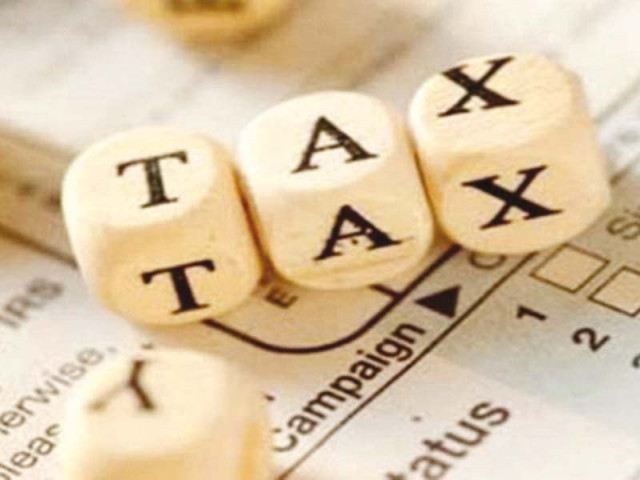Govt unveils major tax relief for retailers
New Tax Laws Ordinance also gives Rs2b relief to transporters, Rs1b to Pakistani diplomats

President Arif Alvi on Monday promulgated a relief-loaded ordinance to appease traders, transporters and the Pakistani diplomats posted abroad but the smokers were taxed to pay for the concessions given to these classes of the society.
President Alvi signed the Tax Laws (Second Amendment) Ordinance, 2022 – a week before the International Monetary Fund (IMF) is set to take Pakistan’s request for completion of the two pending reviews for the release of the $1.2 billion tranche of the loan programme.
After the approval of the budget, the government has taken a hit of Rs75 billion in shape of tax relief or sanctioning additional expenditures. But the gross revenue measures, both on account of regulatory duties on imports (Rs6 billion to Rs14 billion) and duties on cigarettes and reduced rates for traders hardly match the Rs75 billion figure.
The federal cabinet on Monday separately approved the imposition of regulatory duties up to 100% on imports.
Through the presidential ordinance, the government withdrew Rs42 billion taxes imposed on the traders but also introduced measures to recover Rs23 billion from them, resulting in net relief of around Rs19 billion to the retailers.
Similarly, the government gave Rs2 billion relief to the transporters and Rs1 billion to the Pakistani diplomats posted abroad. In addition, it has already approved Rs30 billion supplementary budget for the Pakistan State Oil and Rs650 million for the information ministry.
The ordinance details suggested that the government had not yet learnt a lesson despite the fact that Pakistan was pulled back from brink of default. But, for the time being, it had withheld tax relief for the bankers, stock market brokers and the real estate sector after the IMF put its feet down against these measures.
Under the ordinance, the amendments have been made in Sales Tax Act 1990, Income Tax Ordinance 2001, Federal Excise Act 2005 and Finance Act 2022.GST amendments
Through the ordinance, the government withdrew Rs3,000 to Rs10,000 per month fixed tax imposed on retailers in the budget to collect Rs42 billion taxes. It had now introduced a fixed tax of 5% on retailers where the monthly bill amount did not exceed Rs20,000 and 7.5% where the monthly bill amount exceeded Rs20,000.
A senior government official claimed that thee revised tax rates would fetch Rs23 billion.
The finance minister had promised that he would slap up to 12% sales tax and 20% income tax on the retailers but the ordinance is short of what Miftah Ismail had promised. The retailers had impressed upon PML-N Vice President Maryam Nawaz to force the government to withdraw the fixed tax.
Through the ordinance, the government also exempted the retailers from the payment of double taxes if they fail to file their returns. The ordinance said that provisions of Section 100BA and Rule 1 of the Tenth Schedule would not apply to the retailers.
However, the government got the power under which it could levy a tax in lieu of or in addition to the newly imposed taxes by notification in the official gazette at such rates and from such date as it may deem fit from retailers other than those falling in Tier-1 through their monthly electricity bill.
The government exempted the single cylinder agriculture diesel engines from the levy of sales tax.
The government exempted gas and LNG from levy of sales tax to the extent of the subsidy paid on these sources of energy. It has amended the definition and included the word “natural gas including re-gasified liquefied natural gas”.


















COMMENTS
Comments are moderated and generally will be posted if they are on-topic and not abusive.
For more information, please see our Comments FAQ